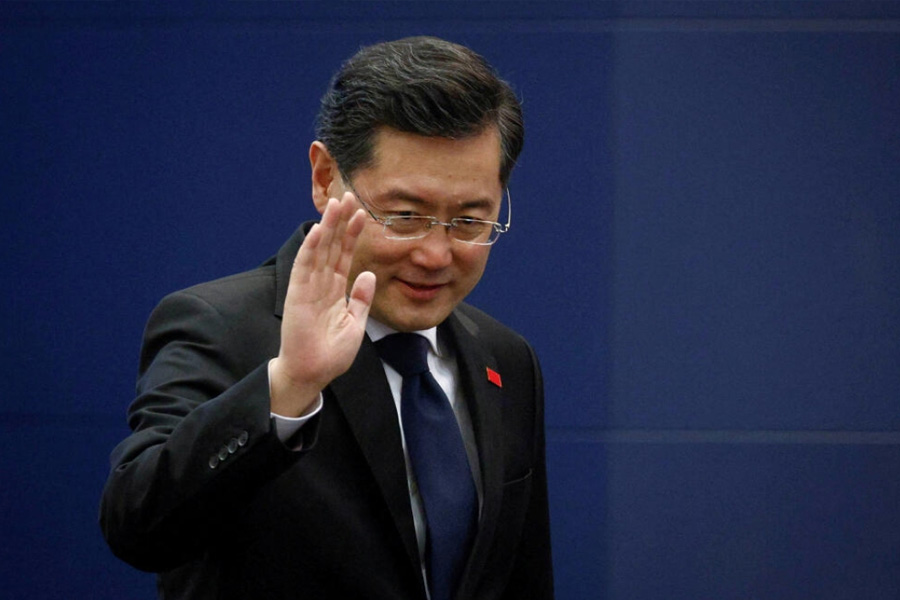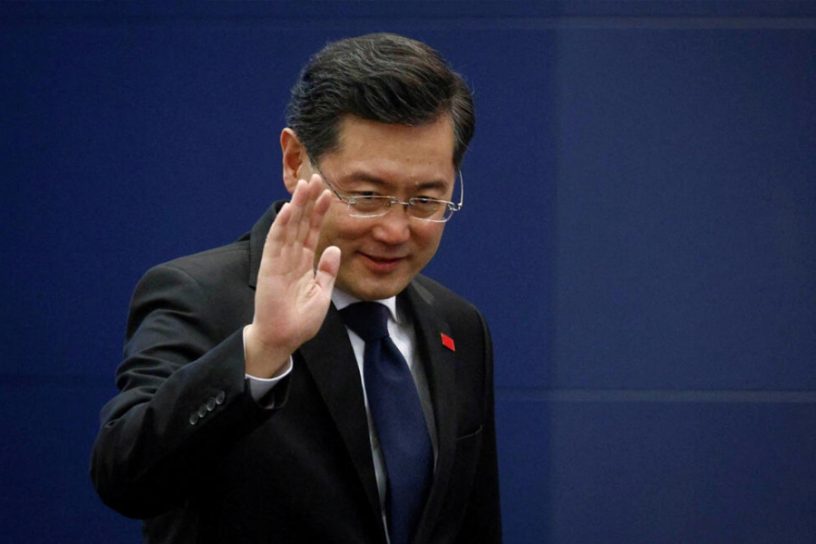
Qin’s case underscores the opaqueness of the Chinese political system.
Author
Gunjan Singh, Assistant Professor, Jindal Global Law School, O.P. Jindal Global University, Sonipat, Haryana, India.
Summary
After a long month of speculation, the post of Chinese Foreign Minister has been again handed over to Wang Yi. The National People’s Congress (NPC) announced the official removal of Qin Gang after he was missing for the last month being last sighted at an event on June 25.
Qin had served as the ambassador to the United States in 2021 at a time when bilateral ties faced the most challenges. He was considered close to China’s President Xi Jinping, and was known for his aggressive foreign policy approach and the ‘wolf-warrior diplomacy’. Fifty-seven-year-old Qin was one of the youngest leaders to be appointed China’s Foreign Minister.
Disappearance is not very uncommon in Chinese domestic politics. Even Xi was out of public eye for two weeks in 2012 before he became President. Public figures like Jack Ma had also vanished for a few weeks in 2021. Book shop owners from Hong Kong have vanished and resurfaced after a few months. In most of these cases, apart from Xi, those who resurface after ‘disappearing’ would have gained some insights into their behaviour and how they need to modify it to align with that of the Chinese Communist Party (CCP).
Such actions have been undertaken by the CCP consistently to bring major critics of its policies and authority in line. Qin’s case, yet again, underscores the opaqueness of the Chinese political system.
Published in: Deccan Herald
To read the full article, please click here.


